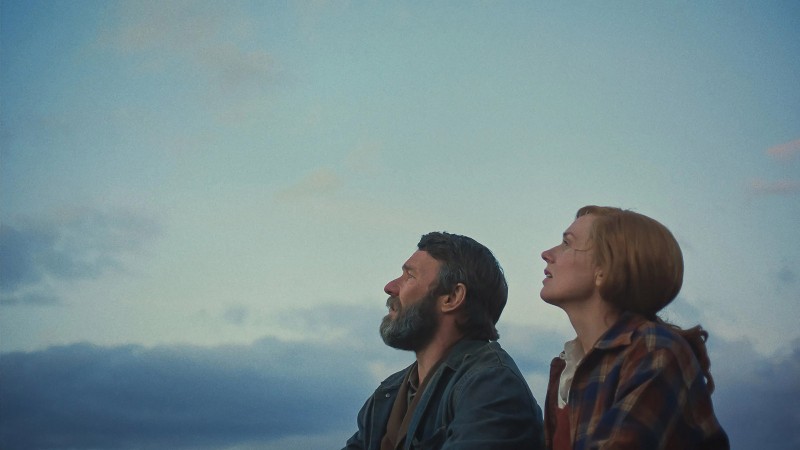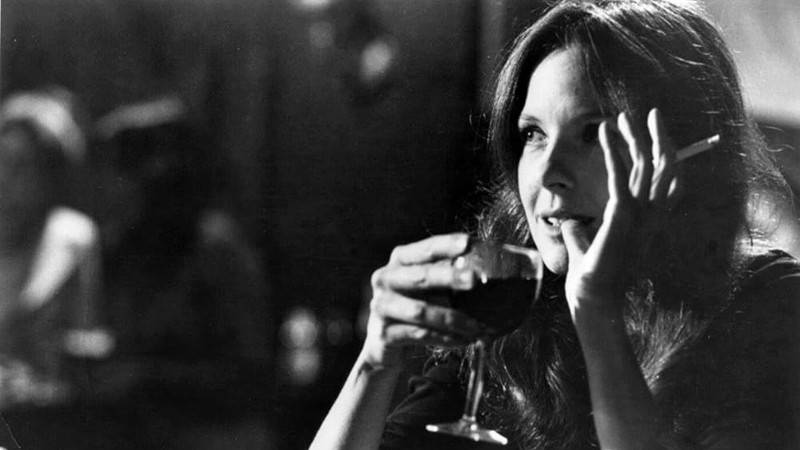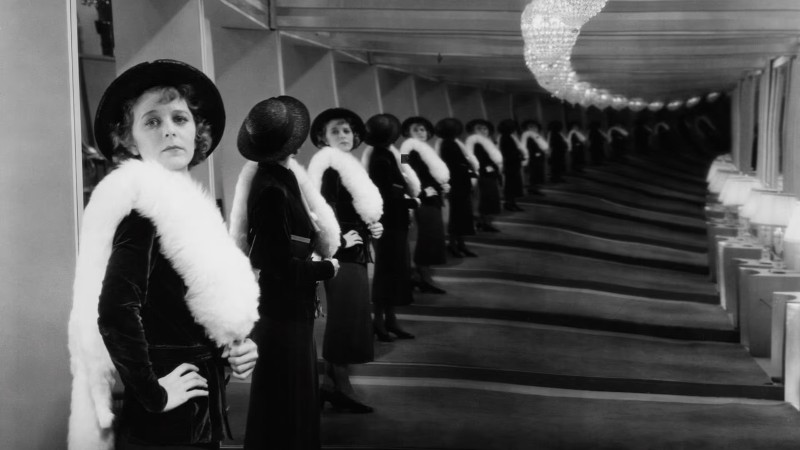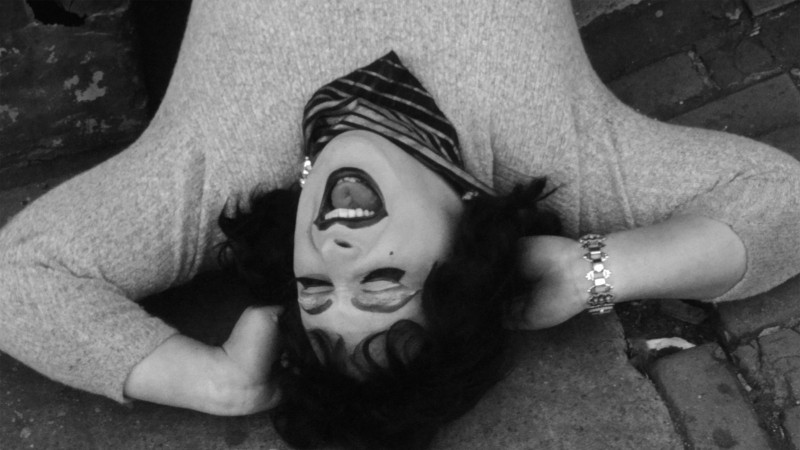Bertrand Bonello’s Zombi Child
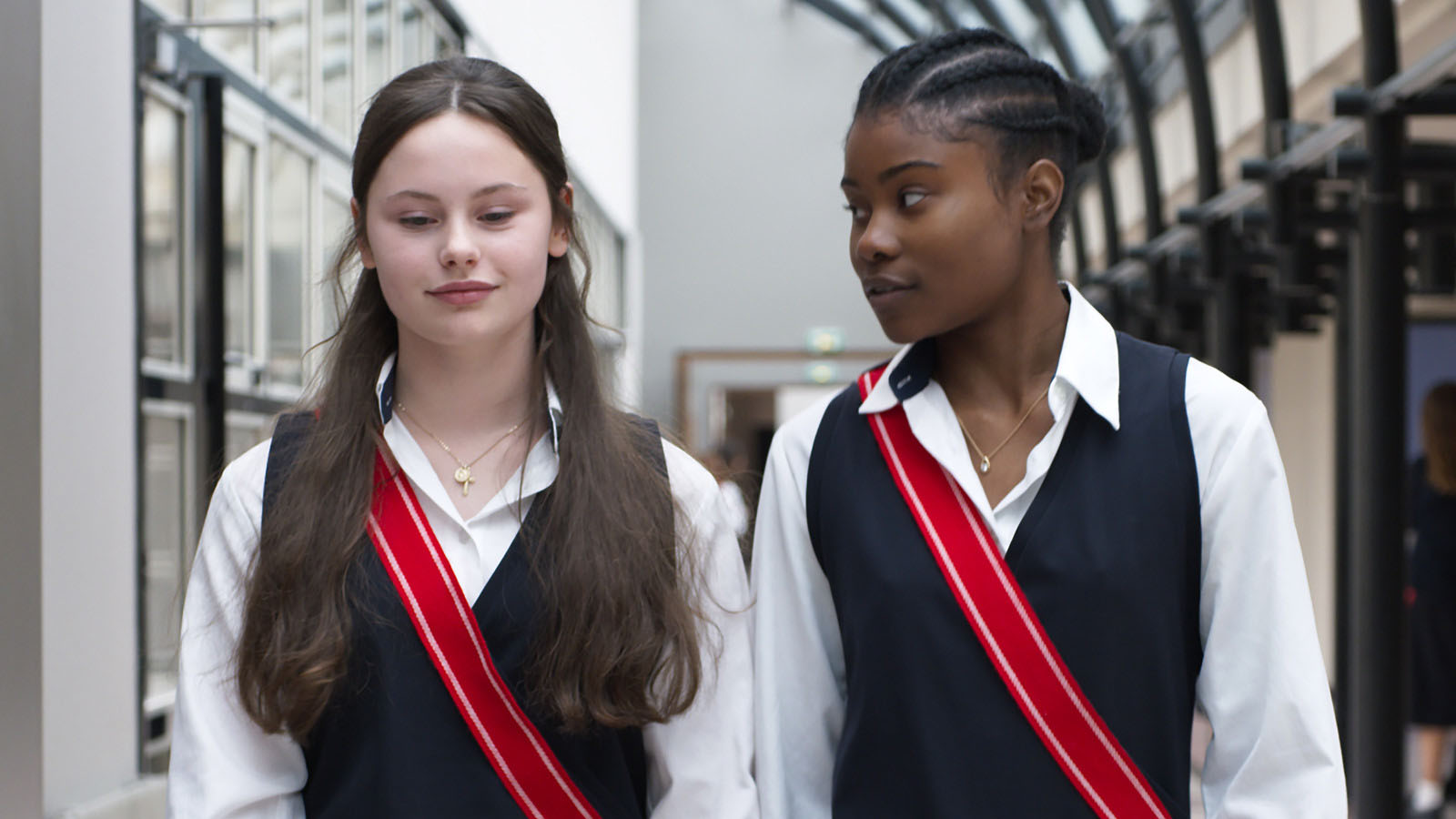
Clairvius Narcisse was an actual Haitian man who was still relatively young and by all accounts healthy when, in 1962, when he appeared to drop dead in the street. He was given a proper funeral by his family and friends—who were unaware that he was still alive. He’d been drugged, and he was dug up again by human traffickers and forced to harvest sugarcane in the jungle. The drug that had felled him kept him compliant. He was, in short, a slave, and his plight was evidently not unique.
A number of films have been inspired by this dark history. In 1943, Val Lewton produced and Jacques Tourneur directed I Walked with a Zombie, based on a Canadian woman’s encounters with workers in Haiti slaving away under similar circumstances. In The Serpent and the Rainbow (1988), Wes Craven revisited anthropologist Wade Davis’s investigation into the case of Clairvius Narcisse, and now, French director Bertrand Bonello (House of Tolerance, Saint Laurent, Nocturama) restages Narcisse’s story as one half of his new film, Zombi Child.
The other half of the film premiering in this year’s Directors’ Fortnight takes us to present-day Paris, where Mélissa (Wislanda Louimat), a Haitian orphaned by the 2010 earthquake, is enrolled in an elite boarding school and falls in with a secret sorority. “The school, which is for the gilded offspring of Legion of Honor laureates, is overpoweringly white in every sense,” writes the Telegraph’s Robbie Collin, adding that “whenever Bonello cuts back to it from Haiti’s crepuscular murk, the brightness of the rooms make your pupils contract.” For the Hollywood Reporter’s Jordan Mintzer, Zombi Child “feels like two incomplete movies in one, neither of them fully satisfying in the end.” But in Screen, Jonathan Romney sees in it “an unashamedly cerebral study of multiple themes—colonialism, revolution, liberalism, racial difference, and female desire—with its unconventional narrative structure taking us on a journey that’s as intellectually demanding as it is compelling.”
The A.V. Club’s A. A. Dowd spots “elements of coming-of-age drama, tortured romance, and supernatural horror, though part of the film’s strange power is that it never seems to commit to any of those genres, hovering in some liminal state instead, teasing the audience with the various possibilities of where it might go.” Notebook editor Daniel Kasman draws a comparison to Serge Bozon’s Mrs. Hyde (2017), a reworking of the Robert Louis Stevenson classic, to observe that Bonello, too, “is cleverly appropriating the visuals, atmosphere, and ideas of pulpy genre cinema but applying them towards more conceptual ends. That is to say, Zombi Child is not a horror film—unless one perhaps rightfully sees the faint consciousness of colonial legacies in new generations horrific.”
Dispatching to Filmmaker, Blake Williams points out that real-life French historian Patrick Boucheron appears as a professor in a scene that opens the Parisian passages “with a semi-improvised classroom lecture in which he expounds on and critiques the development of French liberalism and its legacy of obscuring actual liberty.” For Williams, “as the film slithers toward its literally entrancing climax—remixing characters’ bodies, voices, and locations to a genuinely unsettling degree—my sense was always that Zombi Child had been executed too academically, rarely achieving the ecstatic rushes that it momentarily achieves in its final segment. For a project that takes on such readily combustible material—not at all short on red flags and potential pitfalls (some of which I’m not convinced he avoided)—it all feels unproductively sanitary, stifling the air and its emotional axis at once.” On that note, A. A. Dowd adds that Zombi Child “may prompt charges of cultural appropriation. But it’s also a film about cultural appropriation.”
For news and items of interest throughout the day, every day, follow @CriterionDaily.
